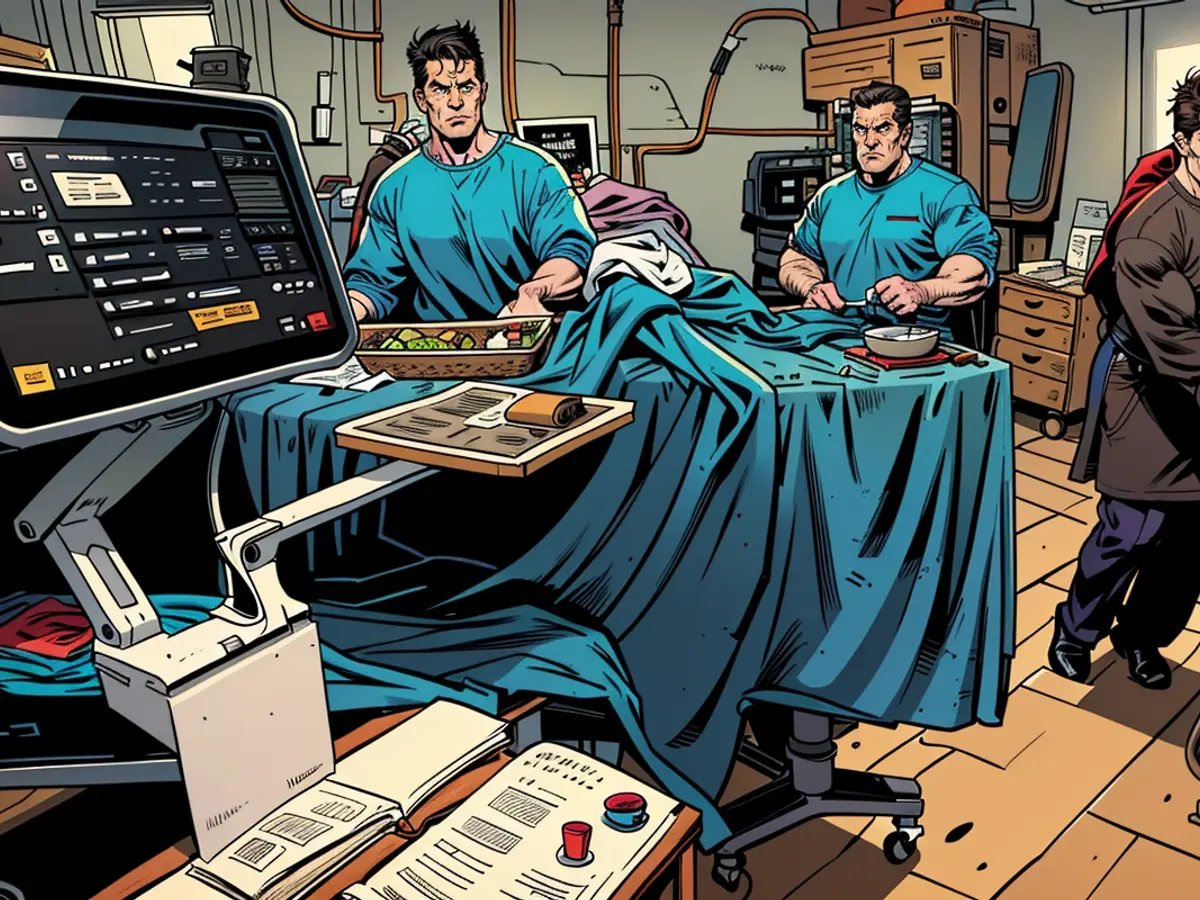Hospitals - Harz pushes ahead with plans for central clinic
The Harz District and the Harzklinikum are pushing forward plans to bundle the hospital landscape at one location. According to the political requirements for hospital reform, a central hospital at one site is the best solution, stated Matthias Voth, the managing director of the Harzklinikum. The clinic has submitted initial documents to the district. Several sites near Blankenburg are now being tested where the hospital could be built. Currently, the Harzklinikum is spread across three locations in the district. For Blankenburg, 66 percent of the people in the district can reach the place within 20 minutes. The rest could reach the planned clinic in 40 minutes.
Centralization is important because, on the one hand, the shortage of medical personnel, such as doctors and nurses, will become increasingly problematic in the future, explained Voth. In addition, the population is getting older, and people are increasingly dependent on medical care.
However, the existing sites will not be completely abandoned. The central hospital is primarily about stationary treatment for severe diseases such as accidents, heart attacks, or strokes. Outpatient care will also still be possible at other locations. According to plans by the Harzklinikum, the new hospital could be built within seven years. Managing Director Voth estimates a three-digit million euro budget. The new central hospital could, along with Magdeburg and Halle, become another major provider and thus also attractive for patients from the Westharz around Goslar.
Plans still have a big hook
Criticism came from Landrat Thomas Balcerowski (CDU) of the state government. The coalition only looks at the major cities, he stated. But the state is responsible for investments in hospitals. "I have clear expectations of the coalition," said Balcerowski. Depending on how the state government's plans look, the considerations in the Harz could still fail.
Discussions about the hospital landscape in Saxony-Anhalt have been going on for a long time. Already in April of the previous year, a report on the future of the hospital landscape in Saxony-Anhalt was presented, which the state government had commissioned. The experts recommend organizing basic care close to home and concentrating heavy cases more strongly at large hospitals. Major changes in the hospital landscape have so far always been dismissed by Health Minister Petra Grimm-Benne (SPD) with reference to federal hospital reform plans.
Hospital planning in Saxony-Anhalt
- The Harz District and its neighboring Saxony-Anhalt share similar challenges in hospital planning, as both regions grapple with the issue of skills shortage in the healthcare sector.
- Municipalities in Lower Saxony have expressed interest in learning from the Harz District's hospital centralization plans, given the widespread concern over the healthcare infrastructure's overall health.
- Politics in the region of Saxony-Anhalt have been actively engaged in discussions about the hospital landscape, with critics arguing that the focus on major cities overlooks the needs of smaller towns and rural areas.
- The Health Ministry in Lower Saxony is closely monitoring the developments in the Harz District, considering potential implications for its own hospital reform strategies in light of the ever-growing healthcare demands.








